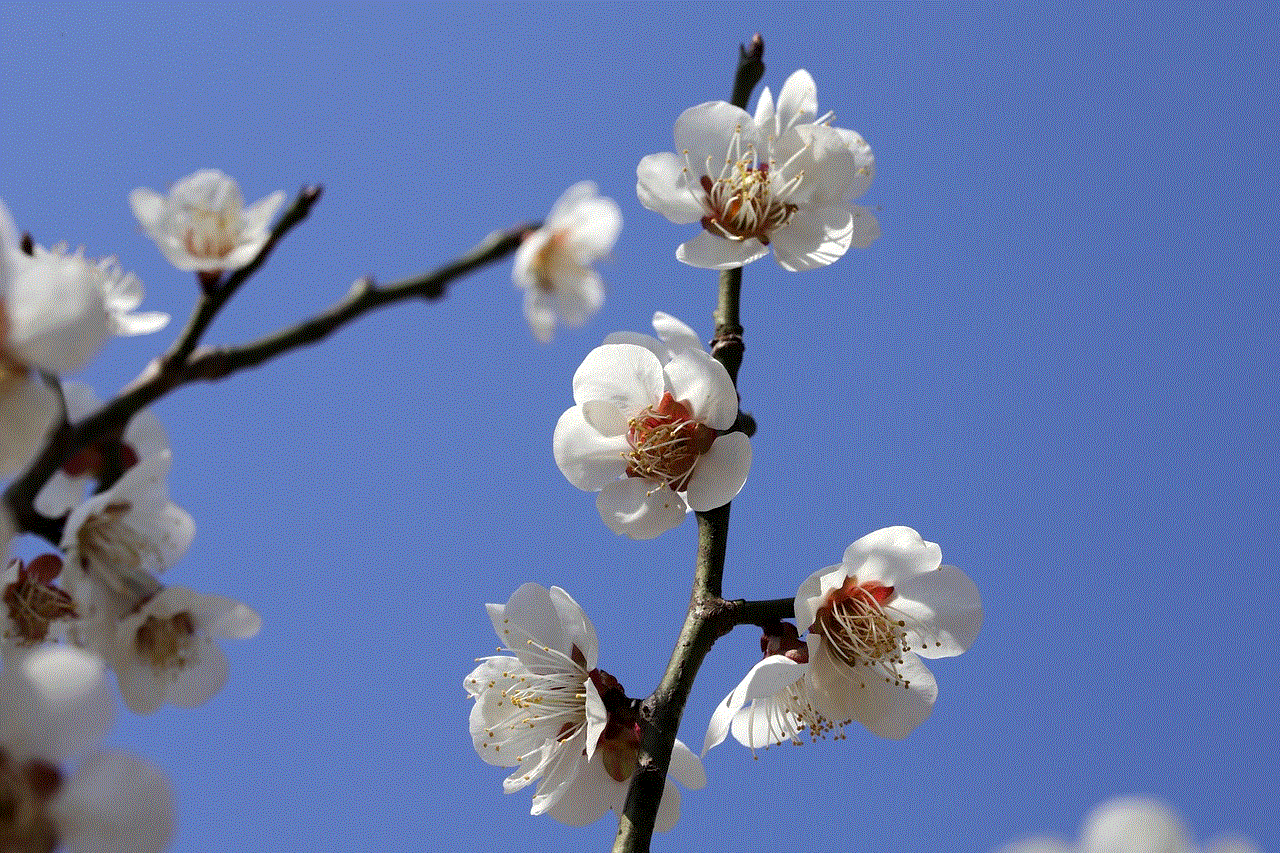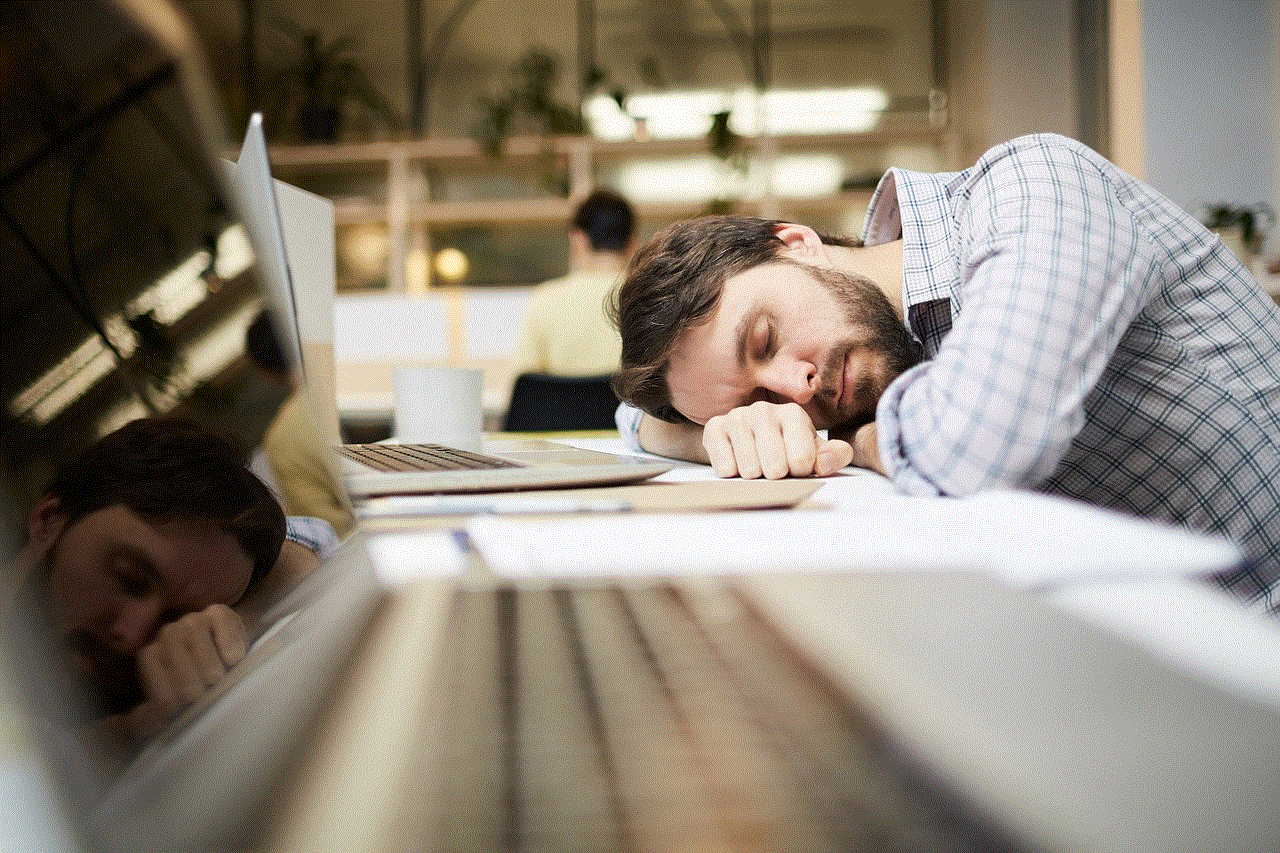does onlyfans alert screenshots
OnlyFans is a popular subscription-based platform that allows creators to monetize their content by sharing exclusive photos, videos, and other digital content with their paying subscribers. With the rise of social media and the increasing demand for personalized and exclusive content, OnlyFans has gained immense popularity, especially among content creators in the adult entertainment industry. However, with the growing number of users on the platform, concerns about privacy and security have also emerged. One such concern is whether OnlyFans alerts users when someone takes a screenshot of their content. In this article, we will explore this question in detail and discuss the various factors that come into play.
First, let’s understand how OnlyFans works. The platform allows creators to set their subscription prices and earn money from their paying subscribers. These subscribers can access the creator’s content, which can include photos, videos, and live streams, among others. The platform also has a feature where creators can set their content to be viewable to all subscribers or only to those who pay an extra fee. This feature is known as “pay-per-view” and is often used for more explicit or intimate content.
Now, coming back to our question, does OnlyFans alert users when someone takes a screenshot of their content? The answer is both yes and no. OnlyFans does have a feature that notifies creators when someone takes a screenshot of their content. However, this feature is only available for desktop users and is not available on the OnlyFans mobile app. So, if a subscriber takes a screenshot of the creator’s content on their phone, the creator will not be notified.
Another important point to note is that this feature is not foolproof. It only works if the subscriber takes a screenshot using the built-in screenshot feature on their computer . If they use a third-party app or tool to take a screenshot, the creator will not receive a notification. This means that the feature is not entirely reliable and can be easily bypassed.
Moreover, even if the creator receives a notification, it does not necessarily mean that the subscriber has taken a screenshot of their content. It could also mean that the subscriber has taken a screenshot of their own screen, which could include the creator’s content in the background. This can happen if the subscriber multitasks while viewing the content or if they accidentally press the screenshot button.
So, why does OnlyFans have this feature in the first place if it is not entirely reliable? The answer lies in the platform’s efforts to protect the creators’ content and prevent piracy. By notifying creators when someone takes a screenshot, OnlyFans is trying to discourage subscribers from sharing their exclusive content without permission. It also serves as a deterrent for potential subscribers who might be tempted to share the content with others.
However, this feature has its limitations, and there are other ways in which subscribers can share the creator’s content without their knowledge or permission. One such way is by recording the screen while viewing the content. OnlyFans does not have a feature to detect screen recordings, and therefore, creators will not be notified if a subscriber does so. This means that even if a creator has enabled the screenshot notification feature, their content can still be shared without their knowledge.
Furthermore, the screenshot notification feature only works for exclusive content. If a creator’s content is available to all subscribers or is publicly available, they will not receive any notifications when someone takes a screenshot. This means that creators who offer a mix of exclusive and non-exclusive content on their OnlyFans page will not be able to rely on this feature to protect their content.
It is also worth mentioning that the screenshot notification feature is only available for creators and is not available for subscribers. This means that subscribers can take screenshots of other subscribers’ content without any consequences. This has led to concerns about privacy and security on the platform, with some users reporting instances of their content being shared without their consent.
In conclusion, OnlyFans does have a screenshot notification feature, but it is not entirely reliable and can be easily bypassed. While it serves as a deterrent for subscribers who might be tempted to share exclusive content without permission, it does not guarantee the protection of the creators’ content. Therefore, creators must be aware of the limitations of this feature and take additional measures to protect their content, such as watermarking their content or using other platforms to distribute their content.
Moreover, subscribers must also be mindful of the creators’ privacy and not share their content without their consent. OnlyFans has a strict copyright infringement policy, and users who are found to be sharing content without permission can face legal action. Therefore, it is essential for both creators and subscribers to understand the terms and conditions of the platform and respect each other’s privacy.
In conclusion, while OnlyFans does have a screenshot notification feature, it is not a foolproof solution to protect creators’ content. Creators must be aware of its limitations and take necessary precautions to safeguard their content. Likewise, subscribers must also be mindful of the creators’ privacy and not share their content without permission. With the growing popularity of OnlyFans and other similar platforms, it is crucial for all parties involved to understand their rights and responsibilities to ensure a safe and secure online environment.
i see dead people emoji
The use of emojis has become an integral part of our daily communication. With the rise of technology and social media, emojis have become a universal language that transcends borders and cultures. These small digital images have the power to convey emotions, ideas, and even stories in just a few characters. From the classic smiley face to the more recent addition of the avocado emoji, there seems to be an emoji for every situation. However, one particular emoji that has captured the imagination of many is the “I see dead people” emoji.
The “I see dead people” emoji features a white ghost with a speech bubble that reads “I see dead people” in bold black letters. This emoji is a reference to the iconic line from the 1999 horror film, “The Sixth Sense.” In the movie, a young boy named Cole Sear, played by Haley Joel Osment, has the ability to see and communicate with ghosts. His famous line, “I see dead people,” has become a pop culture phenomenon and has been parodied in various forms, including this emoji.
The “I see dead people” emoji has gained a lot of attention and popularity, but it has also sparked some controversy. Some people argue that the emoji is inappropriate and should not be used, especially by children. They argue that the emoji promotes violence and is not suitable for all audiences. On the other hand, some argue that the emoji is harmless and is just a playful representation of a popular movie reference.
Despite the controversy, one thing is for sure; the “I see dead people” emoji has become a popular choice among social media users. It is often used in various contexts, from expressing surprise or shock to referencing the movie itself. The emoji has also been used in memes, creating a humorous twist on the serious line from the movie.
One possible reason for the popularity of this emoji could be the fascination with the supernatural and the afterlife. From books to movies to TV shows, the concept of ghosts and the ability to see them has always intrigued people. The “I see dead people” emoji taps into this fascination and allows people to express their interest in a fun and lighthearted way.



Furthermore, the “I see dead people” emoji also serves as a reminder of the impact that movies can have on our culture. “The Sixth Sense” was a critical and commercial success, and its famous line has become ingrained in popular culture. The movie’s impact can still be seen today, more than two decades after its release, with the popularity of this emoji.
The use of the “I see dead people” emoji has also sparked discussions about the representation of ghosts in media. In many cultures, ghosts are seen as malevolent and scary beings. However, in “The Sixth Sense,” the ghosts are portrayed as lost and confused souls who need help to move on. The emoji, therefore, challenges the traditional portrayal of ghosts and offers a more sympathetic view.
In addition to its cultural impact, the “I see dead people” emoji also has a significant role in the evolution of language and communication. Emojis have become a crucial part of our digital communication, and their use is only expected to grow in the future. The “I see dead people” emoji is a prime example of how a movie reference can become a part of our everyday language and be used to convey complex emotions and ideas.
The controversy surrounding the use of the “I see dead people” emoji also brings to light the issue of censorship on social media. With the growing popularity of emojis, some people argue that there should be stricter guidelines on their use. However, others argue that emojis are just another form of expression and should not be censored. This debate raises questions about the freedom of speech and expression in the digital age.
On a more light-hearted note, the popularity of the “I see dead people” emoji has also resulted in various merchandise and products featuring the iconic image. From t-shirts to phone cases to Halloween decorations, the ghost with the famous line can be found on various items. This further solidifies the emoji’s place in pop culture and its enduring impact.
In conclusion, the “I see dead people” emoji may have sparked controversy, but it has also become a significant part of our digital communication. Its popularity speaks to the impact that “The Sixth Sense” has had on our culture and the fascination with the supernatural. This emoji is not just a fun addition to our virtual conversations; it also serves as a reminder of the power of movies and the evolving landscape of language and communication. Whether you love it or hate it, there’s no denying that the “I see dead people” emoji is here to stay.
why i should delete social media
In today’s society, social media has become an integral part of our daily lives. From staying connected with friends and family to being updated on current events, social media platforms such as Facebook , Twitter , Instagram , and Snapchat have become a constant presence in our lives. However, with the increasing popularity and usage of social media, there have been growing concerns about its impact on mental health, relationships, and overall well-being. This raises the question – why should we delete social media?
In this article, we will delve deeper into the negative effects of social media and explore the reasons why deleting social media may be beneficial for our mental and emotional well-being.



First and foremost, social media can have a detrimental effect on our mental health. Studies have shown that excessive use of social media can lead to feelings of anxiety, depression, and low self-esteem. Constantly scrolling through feeds and comparing our lives to the highlight reels of others can make us feel inadequate and can create a distorted perception of reality. The pressure to present a perfect image on social media can also lead to self-esteem issues and a constant need for validation from others. This can have a serious impact on our mental health and can even lead to more severe issues such as social media addiction.
Moreover, social media can also negatively affect our relationships. While it may seem like social media helps us stay connected with friends and family, it can also create a false sense of connection. Instead of having meaningful face-to-face interactions, we tend to rely on likes, comments, and emojis to communicate with others. This can lead to a lack of genuine connection and can result in shallow relationships. In addition, social media can also be a source of conflict in relationships, with partners feeling jealous or neglected due to the attention given to social media.
Another reason why deleting social media can be beneficial is its impact on productivity. With the constant influx of notifications, it can be challenging to stay focused on tasks at hand. The FOMO (fear of missing out) syndrome created by social media can also lead to distractions and procrastination. This can have a significant impact on our productivity, whether it be at work or school. By constantly checking social media, we are essentially wasting valuable time that could be better spent on more meaningful activities.
Furthermore, social media has been linked to sleep disturbances. The blue light emitted from screens can suppress the production of melatonin, the hormone responsible for regulating our sleep-wake cycle. This can lead to difficulty falling asleep and staying asleep, resulting in poor quality sleep. Lack of sleep can have serious consequences on our physical and mental health, including fatigue, irritability, and a weakened immune system.
In addition to its impact on individuals, social media has also been a breeding ground for cyberbullying and online harassment. The anonymity provided by social media platforms has made it easier for individuals to bully and harass others without facing any consequences. This can have a devastating effect on the mental health of the victims and can even lead to tragic outcomes such as depression and suicide. Deleting social media can protect individuals from being exposed to such negative and harmful behavior.
Moreover, social media has also been accused of spreading misinformation and fake news. With the rise of social media influencers and the ability to share content with just a click, it has become increasingly challenging to differentiate between what is real and what is not. This can have serious consequences, especially in times of crises, where false information can spread like wildfire and cause panic and chaos. By deleting social media, we can protect ourselves from being exposed to false information and can rely on more reliable sources for news and information.
Another reason why deleting social media may be beneficial is its impact on our privacy. With the amount of personal information we share on social media, it is no surprise that our privacy is at risk. Social media platforms collect vast amounts of data about our likes, dislikes, and online behavior, which can be used for targeted advertising and even sold to third parties. This invasion of privacy can have serious consequences, as our personal information can be used without our consent.
Moreover, with the rise of social media, there has also been an increase in the pressure to constantly curate a perfect life. This has led to an increase in materialism and consumerism, as individuals strive to keep up with the latest trends and portray a certain image on social media. This not only affects our mental health but also has a detrimental effect on the environment. By deleting social media, we can break free from this cycle of consumerism and focus on living a more sustainable and mindful life.
Furthermore, social media can also have a negative impact on our physical health. With the rise of sedentary behaviors such as scrolling through social media, there has been a decrease in physical activity. This can lead to a variety of health issues such as obesity, heart disease, and diabetes. By deleting social media, we can break free from the sedentary lifestyle and focus on engaging in more physical activities that promote our overall well-being.
Finally, deleting social media can help us break free from the constant need for validation and comparison. By curating our lives for social media, we often lose touch with our true selves and become more concerned with how others perceive us. This can lead to a lack of authenticity and can hinder our personal growth. By disconnecting from social media, we can focus on our own journey and strive towards personal fulfillment rather than seeking validation from others.



In conclusion, while social media has its benefits and can be a useful tool for staying connected, it is essential to recognize its negative impact on our lives. From its detrimental effect on mental health and relationships to its impact on productivity and privacy, there are several compelling reasons why we should consider deleting social media. By disconnecting from the virtual world and focusing on more meaningful activities, we can improve our overall well-being and lead a more fulfilling life. So, the next time you find yourself mindlessly scrolling through social media, ask yourself – do I really need this in my life?